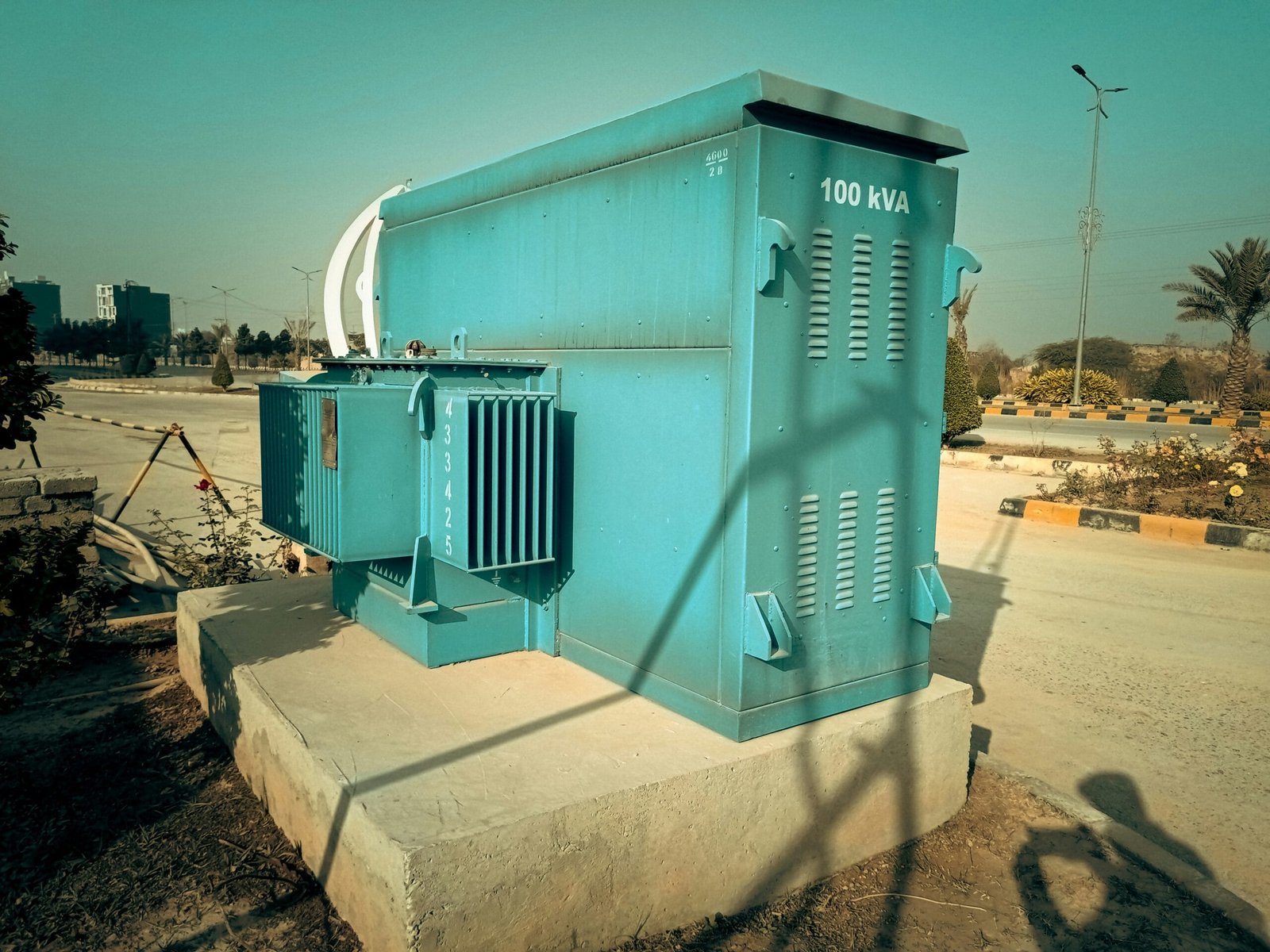Generator Safety Tips: Using a Generator in a Blackout
Power outages can be frustrating and inconvenient, but having a generator can provide a reliable source of electricity during these times. However, it’s important to remember that generators can be dangerous if not used properly. In this article, we will discuss some essential generator safety tips to ensure safe generator operation during a blackout.
Please, read our post and do not forget to check the YouTube channel “First Coast News”:
https://www.youtube.com/@FirstCoastNews
You will find there many creative ideas.
Allow me to mention one of them:
How to use a generator (video)
1. Read the Manual and Follow Instructions
Before using a generator, it’s crucial to read the manufacturer’s manual and familiarize yourself with the specific instructions for your model. Each generator may have unique features and safety measures that you need to be aware of. Make sure you understand how to properly start, operate, and shut down the generator.
2. Use a Generator in a Well-Ventilated Area
Generators emit carbon monoxide, a colorless and odorless gas that can be deadly if inhaled in high concentrations. To prevent carbon monoxide poisoning, always operate your generator outdoors in a well-ventilated area. Keep it away from doors, windows, and vents to ensure proper airflow. Never use a generator inside your home, garage, or any enclosed space.
3. Avoid Overloading the Generator
Generators come with a specific wattage capacity that determines how much electrical load they can handle. It’s essential to calculate the total wattage of the appliances and devices you plan to connect to the generator and ensure that it doesn’t exceed the generator’s capacity. Overloading the generator can damage your appliances and pose a fire hazard.
4. Use Proper Extension Cords
When connecting appliances to the generator, use heavy-duty extension cords that are rated for outdoor use. Make sure the cords are in good condition, without any frays or exposed wires. Avoid placing the cords in high-traffic areas where they can be tripped over. Additionally, do not connect the generator to your home’s electrical wiring without the help of a licensed electrician.
5. Turn Off the Generator Before Refueling
Always turn off the generator and allow it to cool down before refueling. Spilled fuel can ignite on hot engine parts, causing a fire or explosion. Store fuel in approved containers and keep them away from the generator while it is running. It’s also important to never store fuel indoors.
6. Regularly Inspect and Maintain the Generator
Perform regular maintenance on your generator to ensure its safe and reliable operation. This includes checking the oil level, cleaning or replacing air filters, and inspecting spark plugs. Follow the maintenance schedule outlined in the manufacturer’s manual to keep your generator in optimal condition.
7. Keep Children and Pets Away
Children and pets are naturally curious and may not understand the dangers associated with generators. Keep them at a safe distance and educate them about the potential hazards. Never leave the generator unattended, especially when children or pets are around.
8. Store the Generator Properly
When not in use, store your generator in a dry and secure location. Protect it from moisture and extreme temperatures. Make sure it is stored away from flammable materials. Proper storage will help prolong the lifespan of your generator and prevent accidents.
9. Have a Generator Safety Checklist
Create a generator safety checklist to ensure that you follow all the necessary precautions each time you use your generator. Include items such as checking the oil level, inspecting the fuel and exhaust systems, and verifying the grounding connection. Having a checklist will help you stay organized and minimize the risk of accidents.
10. Be Mindful of Noise Pollution
Generators can be noisy, especially if you live in a residential area. Be considerate of your neighbors and try to minimize noise pollution. Place the generator as far away from neighboring properties as possible. Consider using a generator enclosure or soundproofing materials to reduce noise levels.
Remember, using a generator during a power outage can be a lifesaver, but safety should always be the top priority. By following these generator safety tips and practicing safe generator operation, you can prevent accidents, protect your appliances, and ensure the well-being of yourself and those around you.
Other related posts from our website:
https://howtobuildahouseblog.com/transforming-your-garage-into-an-electric-car-charging-haven/
Thank you so much for your attention.
Stay tuned. We will upload many other amazing posts to our website and videos onto our YouTube channel.
Thank you so much.
for your time and attention.
Best Regards
See you to another post,
Bye, Bye

